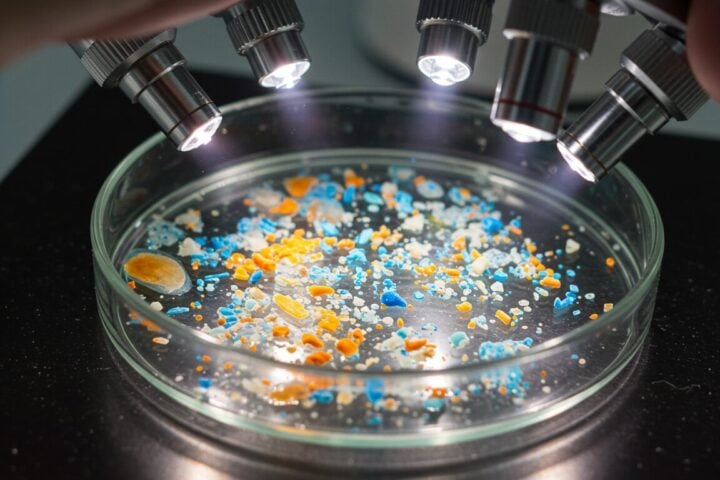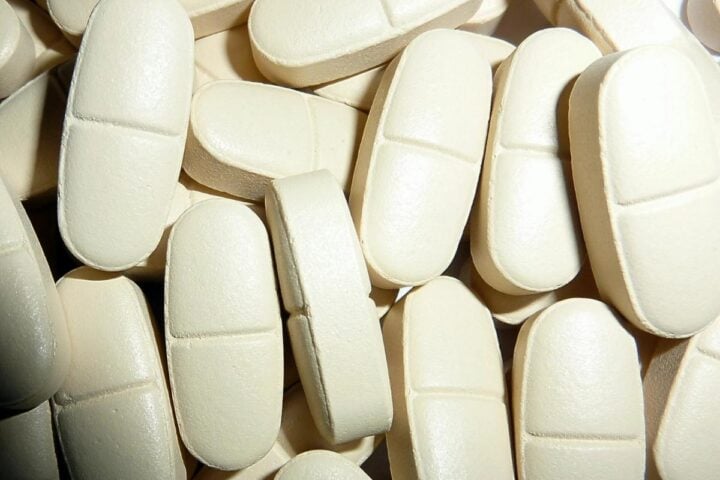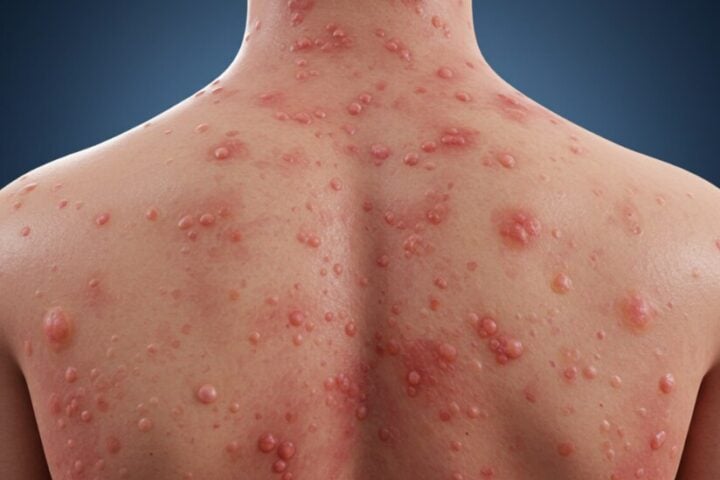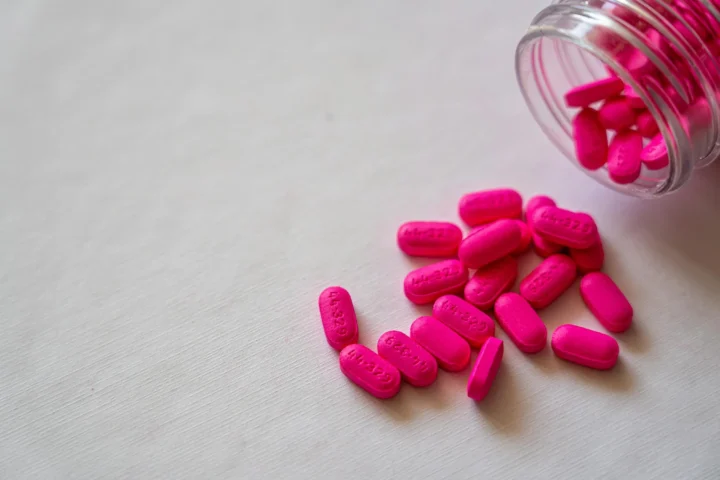Aspartame, a non-nutritive sweetener popular since the 1980s, has long been a preferred sugar substitute due to its low-calorie count and its potency—200 times sweeter than sugar. Its ubiquitous presence can be traced in numerous products from diet sodas, cough drops, and chewing gum to certain toothpastes. However, the safety of aspartame has recently come under scrutiny from two international bodies: The International Agency for Research on Cancer (IARC) and the Joint Expert Committee on Food Additives (JECFA). The two committees, which have been independently assessing the risks of aspartame, plan to release their findings on July 14th, 2023.
James Farrell, a gastrointestinal oncologist at the Yale School of Medicine, spoke to the importance of these evaluations, saying, “I think you just have to be aware that there’s a question over this, and the people who’ve raised this question have an objective reason for raising this question…so I think it would be foolish to ignore it.”
The IARC, a subsidiary of the World Health Organization (WHO), conducted an assessment from June 6-13, 2023, to ascertain the potential risks of aspartame as a possible carcinogen. Simultaneously, the JECFA—another committee under the WHO—has been conducting a risk assessment of aspartame from June 27 to July 6, 2023. Their focus primarily lies in determining the safe limits of aspartame consumption in one’s diet.
Despite the ongoing evaluations, Qi Sun, an Associate Professor of Nutrition and Epidemiology at Harvard’s T.H. Chan School of Public Health, suggested that consumers should not be excessively worried, stating, “Whether aspartame can be considered a carcinogen boils down to what kind of evidence we have.”
While the FDA has determined the safe daily intake of aspartame to be 50 milligrams per kilogram of body weight, the extent of potential risk due to long-term, minimal consumption is still ambiguous. This uncertainty has led to the current evaluations by the IARC and JECFA, involving an examination of over 7000 references and around 1300 studies.
The outcome of these evaluations could significantly impact companies like Coca-Cola and PepsiCo, which heavily utilize aspartame in their diet beverages. However, even though the IARC and JECFA are international bodies, the final ruling on aspartame’s safety in the United States will be decided by the FDA.
Previous studies conducted by the Ramazzini Institute in 2006 and 2007 suggested a dose-related increase in malignant tumors in various organs of rodents due to aspartame, even at exposure rates within the acceptable daily intake. This indicated a potential cancer risk, affirming the necessity of the ongoing evaluations.
However, it’s important to note that while the IARC will make its research globally accessible, it does not issue recommendations or regulations. This responsibility rests with individual governing bodies.
More From Diya
The two separate evaluations by IARC and JECFA play critical roles in understanding the risk profile of aspartame. While the IARC will focus on identifying the potential harm induced by aspartame’s unique properties, the JECFA will study the specific harm that may occur under varying conditions and levels of exposure. Although independent, both studies are essential to painting a comprehensive picture of the risks associated with aspartame consumption.
These results should provide consumers and the scientific community alike with a clearer understanding of whether or not there’s a cause for concern regarding aspartame. The controversial nature of the subject underlines the importance of the upcoming announcement on July 14th, 2023.


















